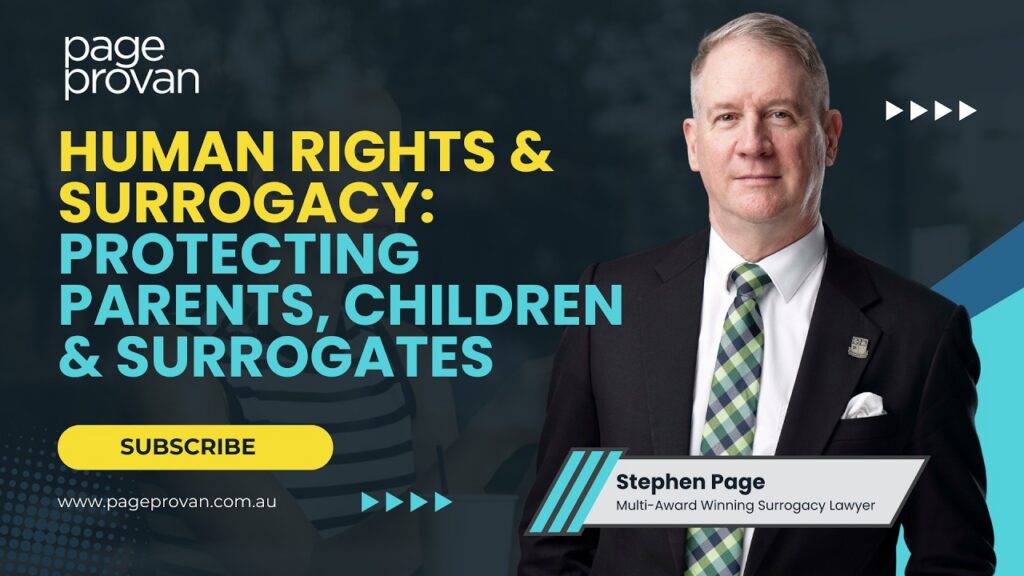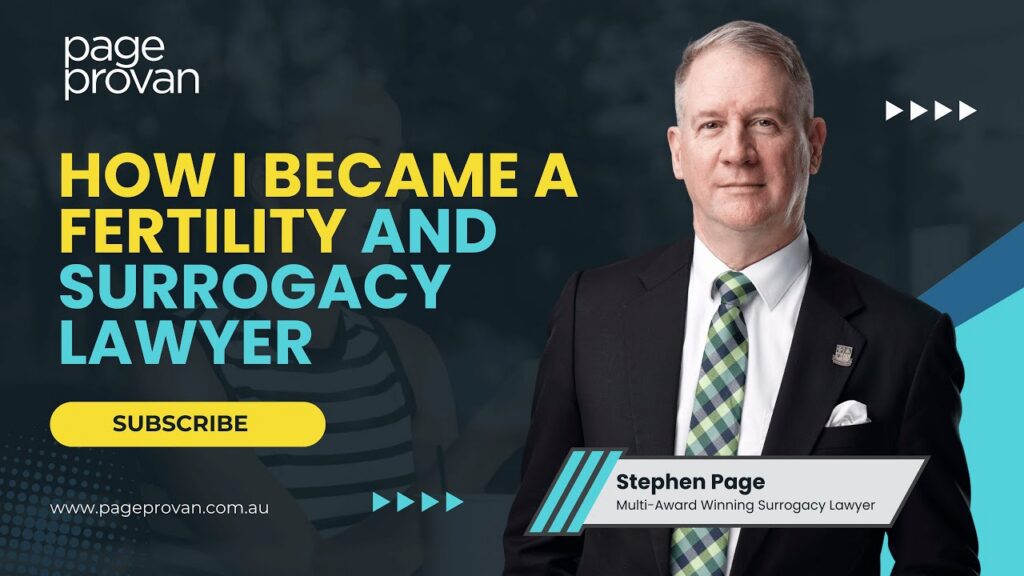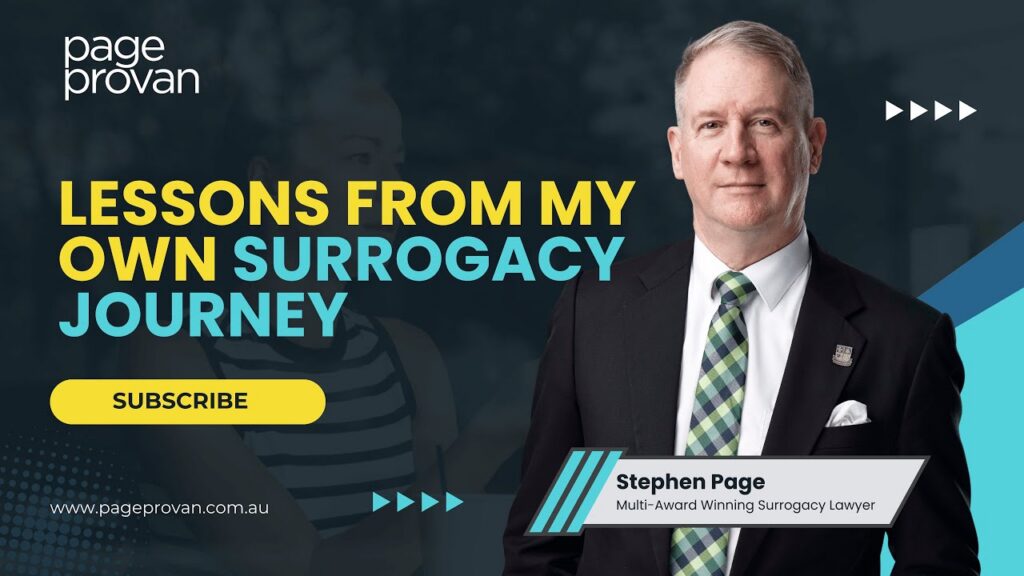Surrogacy inquiry gets under way
His Honour is about to travel overseas, to be Australia’s representative in a working group at The Hague, to work out what is required for a likely convention to do with the international recognition of parent/child relationships, including international surrogacy arrangements.
Submissions to the Parliamentary Inquiry close today week, 11 February.
I will be making a submission. In line with Parliamentary privilege, unfortunately I cannot post my submission on my blog until it has been published by the Parliament.
However, it is obvious that something has to give. We simply cannot keep continuing like Canute trying to hold back the tide and pretend that Australians don’t go overseas in droves for surrogacy- despite laws in several States making it an offence to do so.
What I see needs to occur is quite simple:
- enable the payment of surrogates and donors here, subject to a cap, so as to avoid exploitation
- have a national model, with consistent laws, so that there is a seamless national approach
- have a cascading approach for those going overseas- both before they go and after they come back.
The simple steps of having a national approach will greatly decrease demand for those wanting to undertake surrogacy overseas.
There will always be some intended parents who will nevertheless want to go overseas.
The cascading approach- for those who would still want to go overseas
Any regulation of those who go overseas is with the limitation of what happens before any Hague Convention comes into effect, or concerning those countries that do not sign up.
Most of us have great confidence that surrogates, donors, intended parents and above all, the children,. are not exploited in some countries, such as New Zealand, US, Canada and the UK. For those who wish to undertake surrogacy in these places, there should not be any barriers for those who wish to bring their babies back to Australia- provided that citizenship issues have been dealt with, there should be automatic recognition of the parent-child relationship.
For those who don’t go to those countries, to undertake surrogacy overseas would be a two stage process:
- before they go- get approval from a court here. It would be assumed that for the purposes of any guidelines that commercial surrogacy would be appropriate. The purpose of approval would be to ensure that everything was above board, and in particular that it is clear that there is a need for surrogacy, no exploitation of the surrogate or donor, and that the child will have the opportunity of knowing who his or her donor might be- after the child turns 18.
- then either get a court order from the overseas country; OR
- get get a court order from a court here.
It is not a requirement currently as a matter of law to tell the Department of Immigration and Border Protection that a child was conceived via surrogacy. It ought to be.
For Australian expatriates who undertake surrogacy overseas, then the same basic rules apply, except not requiring them to get court approval here first.












